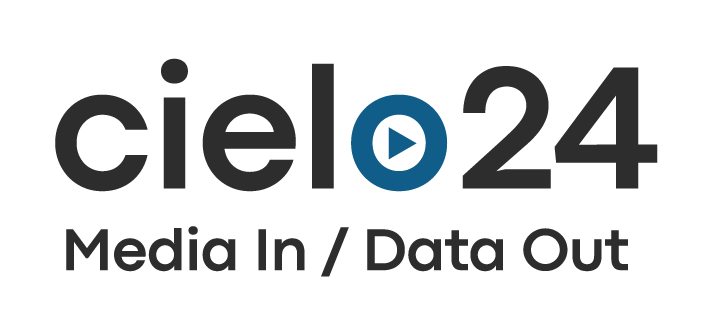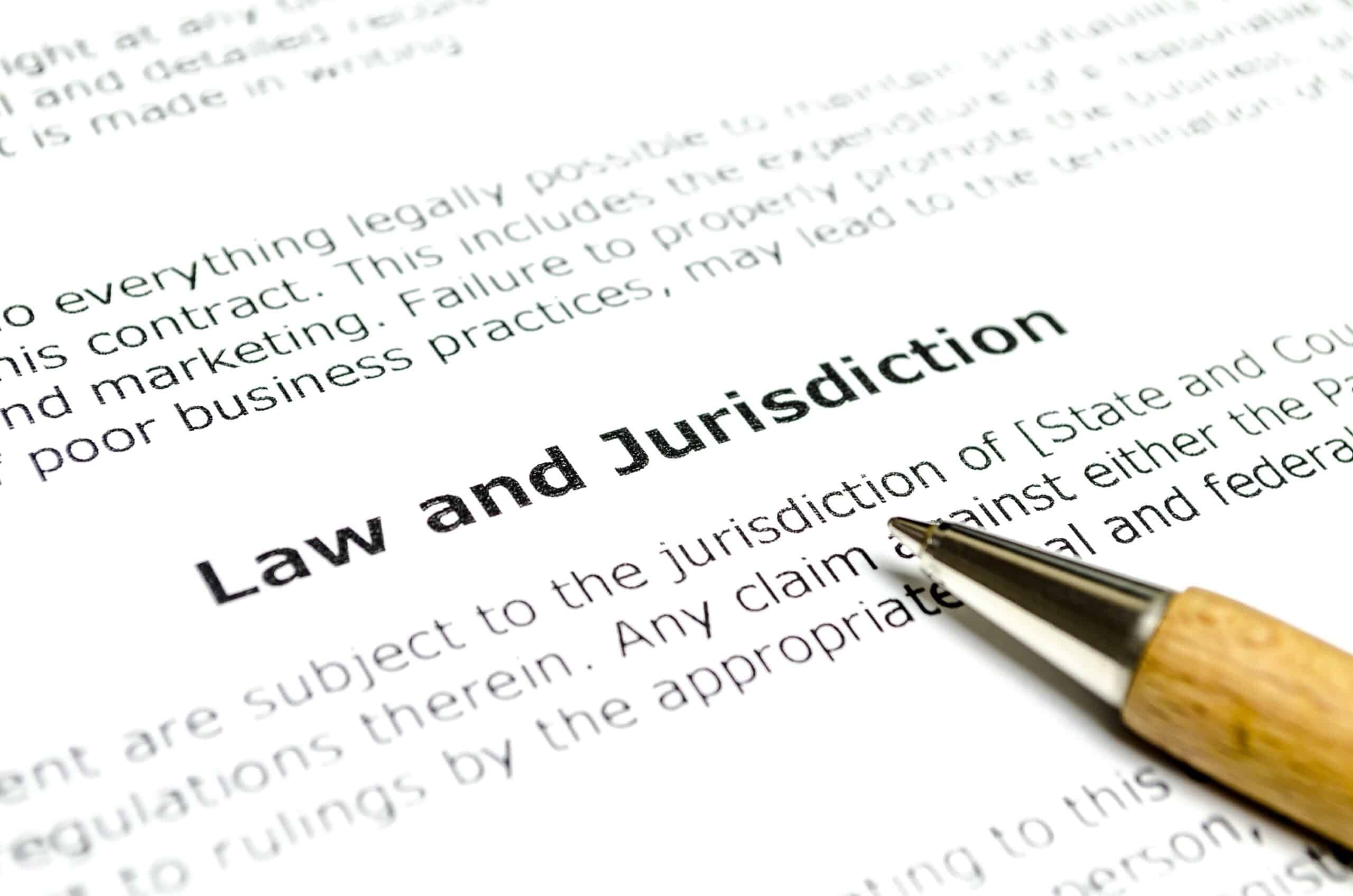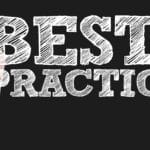Video Captioning Basics: Best Practices for Compliance and Video Performance The following video captioning basics…
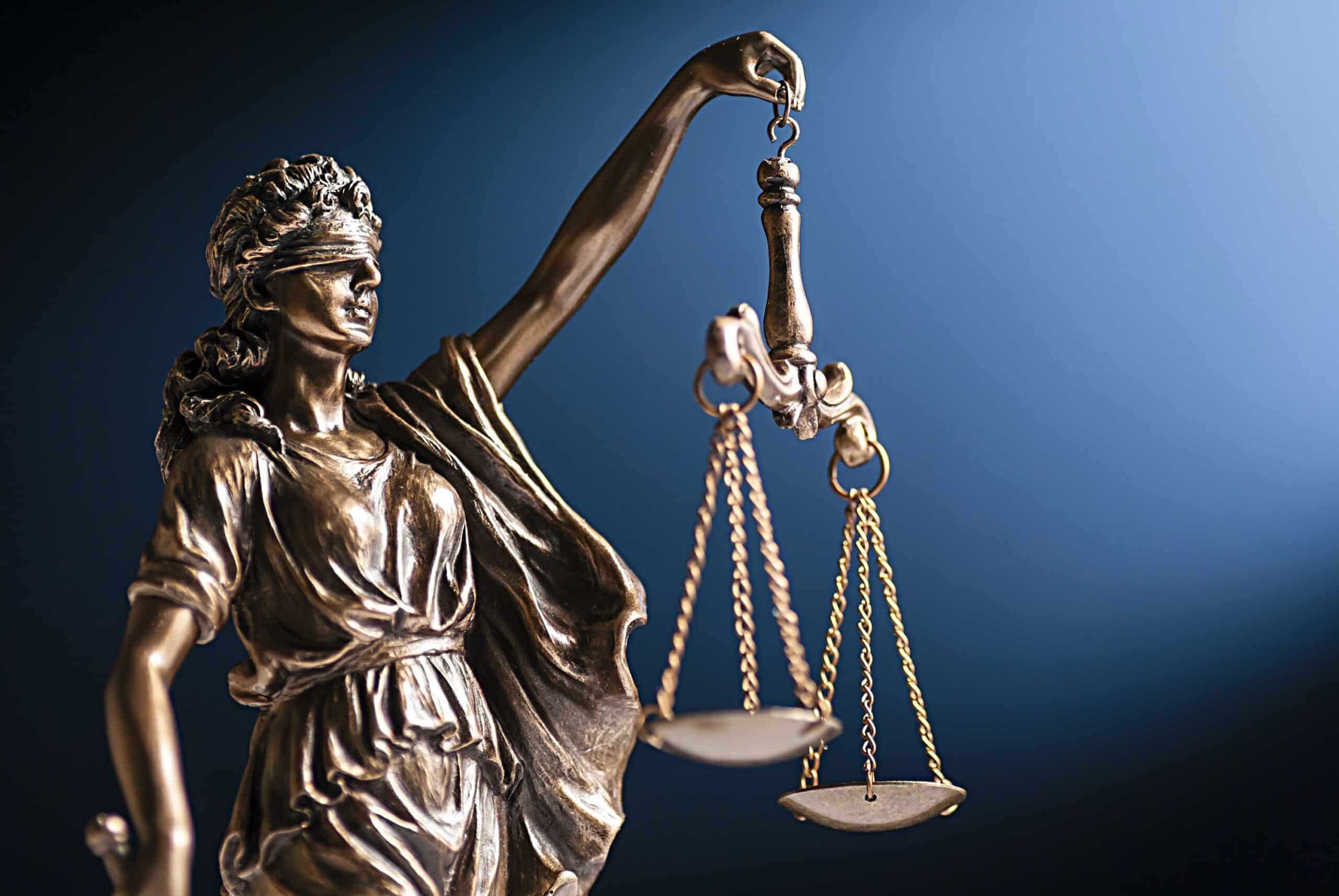
Harvard Settles Accessibility Lawsuit with NADH and Agrees to Caption Videos
It’s been going on since 2015 when the National Association of the Deaf (NAD) filed suit alleging that Harvard failed to sufficiently close caption its online video and audio content. The complaint stated that this content – a mix of podcasts, lecture recordings, and other free resources – were either lacking captions completely or that the captions were of such poor quality they were unintelligible. In this article, we will examine how Harvard settles accessibility lawsuit with NADH and agrees to caption videos.
A History of NAD v Harvard and the Gray Area of Applicable Laws
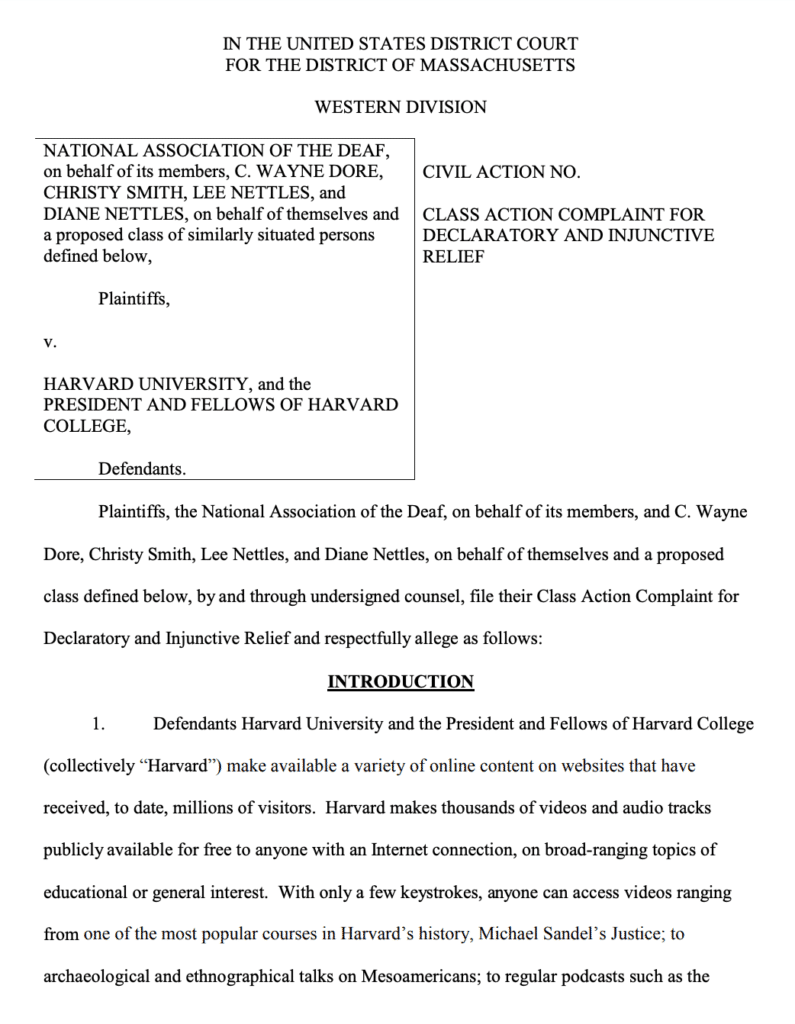
There are a couple of laws and regulations that contributed to the length of this case, and the gray area where the laws failed to clearly define the responsibility on a regulated entity to caption audio or video content.
In the suit, the NAD alleged that Harvard violated Section 504 of the 1973 United States Rehabilitation Actwhich requires universities receiving federal funding to “provide people with disabilities equal access to their programs and activities.”
The suit also alleged that Harvard violated the Americans with Disabilities Act (ADA) which prohibits discrimination solely on the basis of disability in employment, public services, and accommodations. But the ADA was passed in 1990 before the Internet held such a prominent place in our daily lives and did not directly address the standards for online video captions.
Harvard’s online video and audio content fell directly into that gray area.
How Harvard Settles Accessibility Lawsuit with NADH
Harvard attempted to have the case dismissed twice, once in 2016 on the grounds that current accessibility laws didn’t explicitly require universities to caption video on the web,
and again in 2019 on the grounds that their websites did not fall under the regulated category of “places of public accommodation,” both of which failed. In response to each, the court ruled that Harvard’s online content was covered under federal laws prohibiting disability discrimination.
After failing to get the case dismissed, Harvard announces a new digital accessibility policy in April with the promise to provide captions for all new online videos and other educational programs beginning Dec. 1. Under the settlement of the case, Harvard must also add captions to existing video and audio content dating back to January 2019 and must provide live captions for all online events.
The Impact of NAD v Harvard on all Universities

“Harvard is pleased to confirm the amicable resolution of the lawsuit brought by the National Association for the Deaf (NAD) regarding online captioning for video and audio content. The settlement is grounded in Harvard’s commitment to diversity, inclusion, and belonging,” wrote University spokesman Nate Herpich.
“Our websites provide a wealth of opportunities for our community members to communicate and to share ideas, and we want these websites to be available to everyone who wishes to access them. This agreement with the NAD builds on the University’s longstanding work toward ensuring a campus that is accessible and welcoming,” he added.
The settlement of this landmark case paves a legal path for all universities to follow when it comes to the captioning of audio and video content. Gone is the gray; captioning requirements for universities are now legally black and white.
“As Harvard learned through this lawsuit, universities and colleges are on notice that all aspects of their campus including their websites must be accessible to everyone,” said Howard A. Rosenblum, NAD’s chief executive officer. “Captioning video content is a basic form of access that opens up academic learning to not only deaf and hard of hearing people but the world.”
Cost-Effective Video Transcription and Captioning Solutions
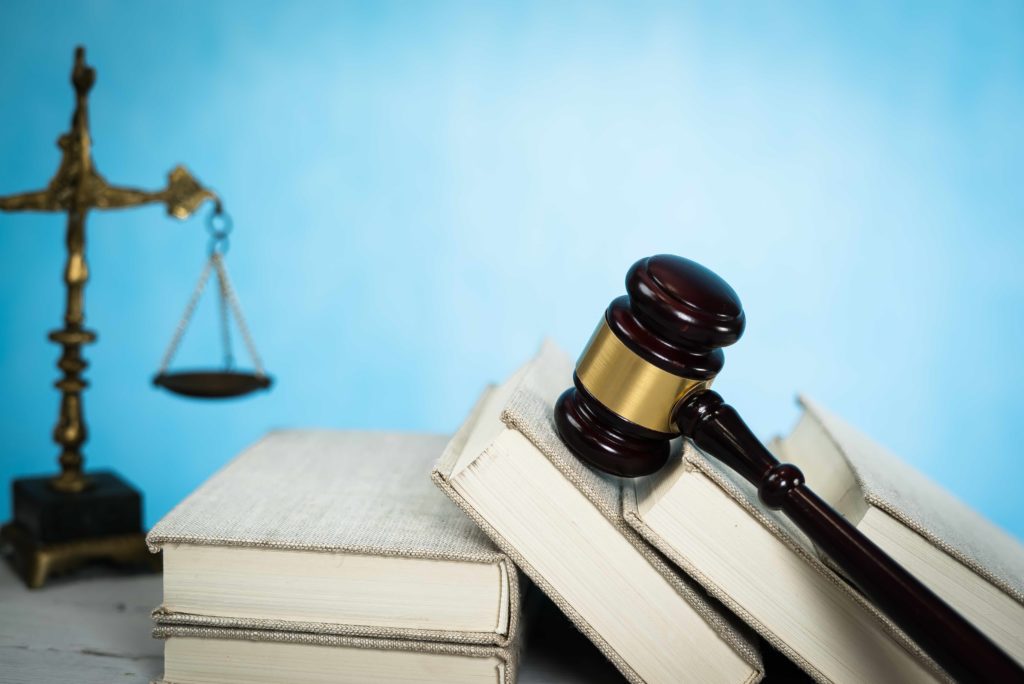 At cielo24 we offer Enterprise plans are built around your specific needs with the help of an account executive to help satisfy more complex and/or larger amounts of media that need captioning or transcription. Through Enterprise you also have access to our full suite of video and audio data solutions.
At cielo24 we offer Enterprise plans are built around your specific needs with the help of an account executive to help satisfy more complex and/or larger amounts of media that need captioning or transcription. Through Enterprise you also have access to our full suite of video and audio data solutions.
Most universities use the Enterprise level account in order to ensure all the ADA compliance requirements are being fully met. However, the choice is always yours! And the options are there for your personal selection.
Our Self Serve web app allows you to get started on transcriptions and captions immediately, without the wait for contracts or quotes. Self Serve allows for a preliminary amount of free machine-based transcriptions, and human-verified transcriptions and captions begin at less than $1/minute.
For more information on our video transcription accuracy, captioning and video intelligence solutions, contact us online or call us at 1-855-243-5624. Try video transcription on your own using our easy, affordable and reliable web app! Let your message be heard (or seen and read!). For more information on our video marketing, transcription, captioning and video intelligence solutions.
The Impact of the Robles V. Domino’s Pizza Lawsuit on Hearing-Impaired Community
In October, the U.S. Supreme Court rejected Domino’s appeal to hear their 2016 lawsuit Robles V. Domino’s Pizza about whether a blind man’s failure to be able to order a pizza…
